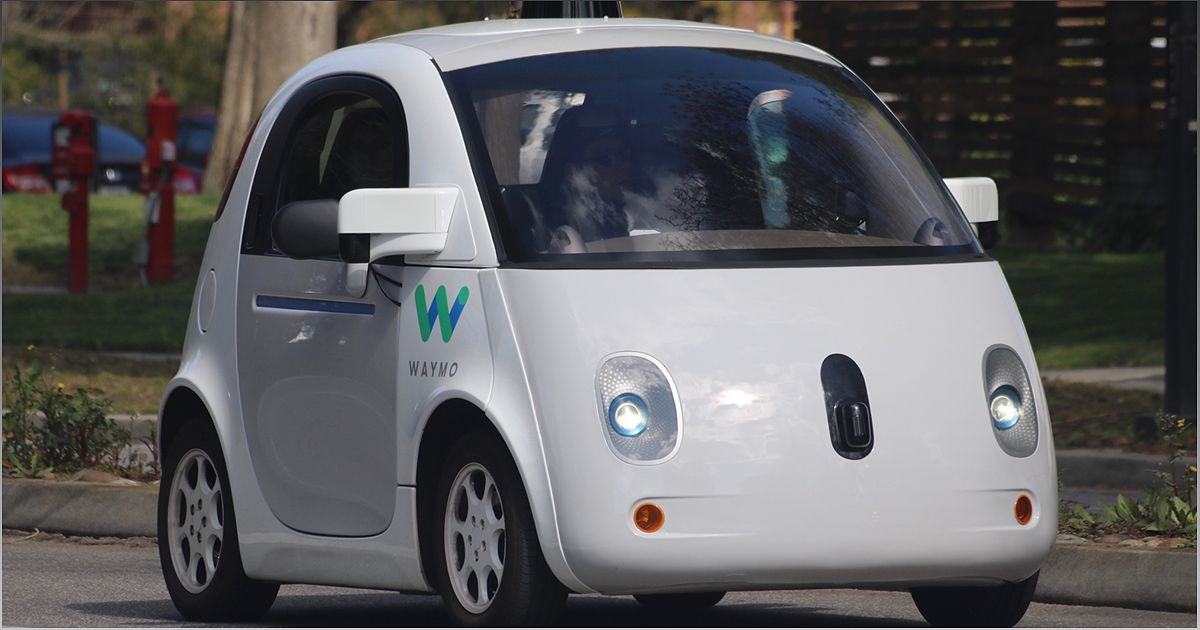Artificial intelligence (AI) presents a significant challenge to human work, with the potential to surpass many human capabilities in the future. However, there is a growing concern that AI engineers may manipulate environments to favor machines, rather than achieving AI's success through matching or exceeding human capabilities. This manipulation of environments can be seen as a form of theft, undermining the honest work of humans. In this article, we delve into the issue of AI engineers transforming hard problems into easier ones for machines, using the example of self-driving cars. We explore the concept of reconfiguring the driving environment to accommodate AI capabilities, potentially excluding human drivers from certain roads. By examining the risks and implications of altering environments to favor machines, we highlight the importance of AI development that does not undermine current human environments. Join us as we delve into the challenges and concerns surrounding the impact of AI on human work.
The Challenge of AI Engineers Manipulating Environments
Examining the concern of AI engineers manipulating environments to favor machines instead of achieving AI's success through matching or exceeding human capabilities.
Artificial intelligence (AI) engineers face the challenge of ensuring that AI systems can surpass human capabilities. However, there is a growing concern that some AI engineers may resort to manipulating environments to make it easier for machines to succeed. This manipulation of environments can be seen as a form of theft, as it undermines the honest work of humans.
By altering the environment to favor machines, AI engineers may lower the bar for AI systems, giving them preferential treatment over humans. This raises questions about the fairness and integrity of AI development. Should AI systems be allowed to outperform humans by reconfiguring the environment, or should they be held to the same standards as human capabilities?
Transforming Hard Problems into Easier Ones for AI
One example of transforming hard problems into easier ones for AI is the development of self-driving cars. AI engineers may opt to reconfigure the driving environment to make it more conducive to automated driving. For instance, they may set up roads with predictable features and advanced sensors to ensure the success of self-driving cars.
This approach, often referred to as a 'virtual railroad,' involves creating an environment that is specifically designed to cater to the capabilities of AI-powered vehicles. While this may lead to advancements in automated driving, it also comes with potential consequences for human drivers and the overall driving experience.
The Impoverishment of Human Environments
By reconfiguring environments to accommodate AI capabilities, there is a risk of impoverishing the current human environments where AI operates. For example, if certain roads are exclusively designed for self-driving cars, human drivers may be excluded from accessing those roads, limiting their mobility and potentially affecting their driving skills.
This raises questions about the future of human driving and whether fully automated driving would resemble human driving at all. If the driving environment is significantly altered to cater only to the capabilities of AI systems, it may lead to a disconnect between human drivers and the driving experience, ultimately diminishing human driving capabilities.
The Importance of AI Development that Preserves Human Environments
It is crucial to prioritize AI development that does not undermine the current human environments where AI operates. While AI systems may surpass human capabilities in certain tasks, it is essential to ensure that they do not alter environments to favor machines at the expense of humans.
By maintaining a level playing field and preserving the current human environments, we can strive for AI systems that coexist with humans rather than replacing or excluding them. This requires careful consideration of the ethical and societal implications of AI development and a commitment to upholding the integrity of human work and capabilities.

